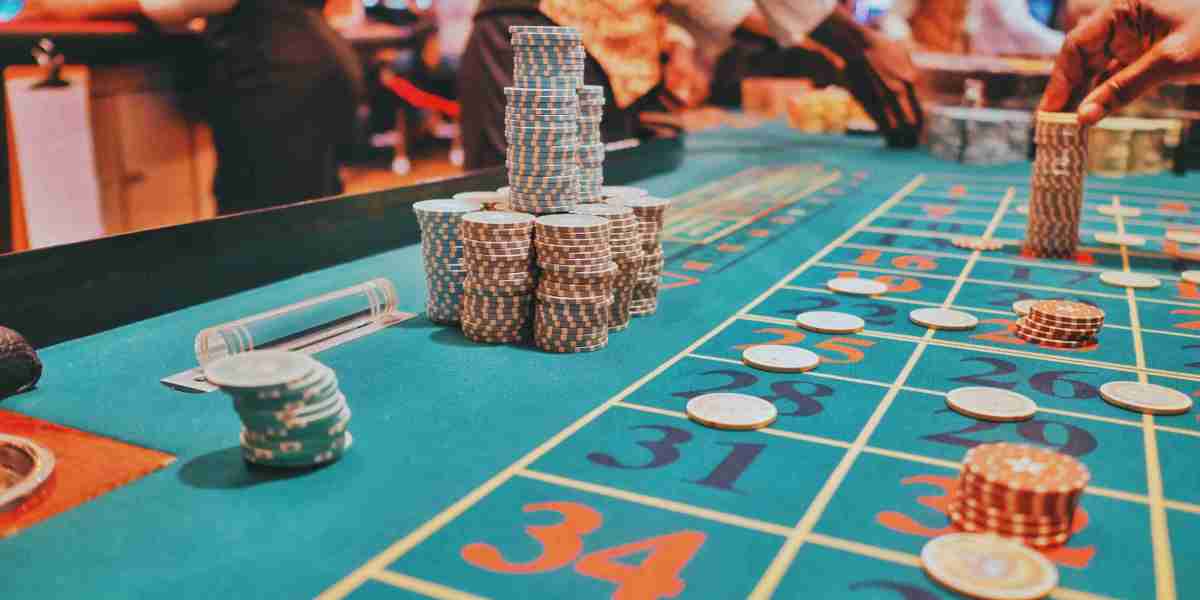The appeal of going "all in" is deeply rooted in human nature. The idea of risking everything for a chance at a massive reward is intoxicating. For some, gambling offers a shortcut to wealth and excitement, a break from the mundane routines of daily life. The rush of adrenaline when placing a big bet can feel like a moment of pure freedom—where the future is unknown and full of possibility. Stories of people who have won millions in a single bet are legendary and fuel the dreams of countless gamblers worldwide.
Take the story of Archie Karas, a Greek-American gambler whose "grind" is one of the most famous tales in gambling history. Karas arrived in Las Vegas with just $50 and went on an incredible streak, turning that small sum into over $40 million by going all in on a series of high-stakes poker games and other bets. His story is a testament to how taking bold risks can sometimes lead to extraordinary rewards. However, his rise was followed by an equally dramatic fall, losing all his fortune in a matter of months, showing how quickly luck can change.
Yet, for every story like Karas’s, there are countless others marked by regret. Gambling can lead to devastating losses that impact not only money but relationships and mental health. Many who go all in find themselves trapped in a cycle of chasing losses, risking more in hopes of a comeback that never materializes. This "gambler’s spiral" is a harsh reality for those who fail to recognize when to stop. The regret often lingers long after the chips are gone, weighing heavily on the individual’s conscience and life.
The thrill of risk-taking in gambling is often about more than money—it’s about control, identity, and hope. People who gamble may feel empowered when placing a big bet, believing that luck, skill, or intuition will work in their favor. This sense of control, even if illusory, can be deeply satisfying. For some, gambling becomes a way to prove something to themselves or others: bravery, cleverness, or even resilience. But this drive can also cloud judgment, leading to reckless decisions and significant regret.
Psychologists explain that the brain’s reward system plays a central role in the appeal of gambling. The unpredictability of winning activates dopamine release, creating feelings of pleasure and excitement. This chemical response can make it difficult for gamblers to stop, even when losses mount. The allure of a big win—the ultimate reward—often overshadows the risk of losing everything. This biological push towards reward-seeking behavior explains why going all in can feel irresistible, despite the odds.
Some gamblers experience what is known as "loss chasing," where they bet increasingly larger amounts to recover previous losses. This behavior exemplifies the "all in or nothing" mindset taken to an extreme. The hope of recouping losses pushes players deeper into risk, sometimes leading to financial ruin. This tragic pattern is often fueled by emotions such as desperation, guilt, and denial. Regret can become a driving force, paradoxically encouraging further risk-taking instead of caution.
Beyond individual stories, the culture of gambling also glamorizes risk and reward. Movies, books, and media frequently portray gamblers as bold heroes or tragic figures who live for the thrill of the game. These narratives often highlight mentoto wins or epic losses, reinforcing the romanticized idea that fortune favors the brave. While such stories captivate audiences, they can also obscure the everyday realities and dangers of gambling, especially for vulnerable individuals.
However, it’s important to recognize that not all gambling stories end in disaster. Responsible gamblers approach the activity with limits and awareness, treating it as entertainment rather than a guaranteed way to make money. They understand the odds, set budgets, and know when to walk away. In these cases, gambling can provide fun, excitement, and social connection without the destructive consequences. The risk is still present, but it is balanced by control and perspective.
Many people who have faced regret from gambling losses find paths to recovery by seeking help and learning from their experiences. Support groups, counseling, and financial planning can aid individuals in regaining stability and breaking free from harmful patterns. These stories of recovery are powerful reminders that risk does not have to lead to ruin. With awareness and support, gamblers can reclaim their lives and redefine their relationship with risk.
The phrase "All In or Nothing" serves as a metaphor for life itself—a series of choices that involve risk, reward, and sometimes regret. In gambling, this dynamic is intensified by the immediacy and visibility of stakes and outcomes. Whether winning big or losing everything, the experience offers lessons about how we handle uncertainty and make decisions under pressure.
Ultimately, stories of gambling remind us that risk-taking is a double-edged sword. It can bring excitement and great rewards but also carries the possibility of deep loss. The key lies in understanding the balance, recognizing limits, and being honest with oneself about the consequences. For many, the gamble is not just about the money—it’s about the hope, the challenge, and the human spirit that pushes us to try, risk, and sometimes, to regret.






